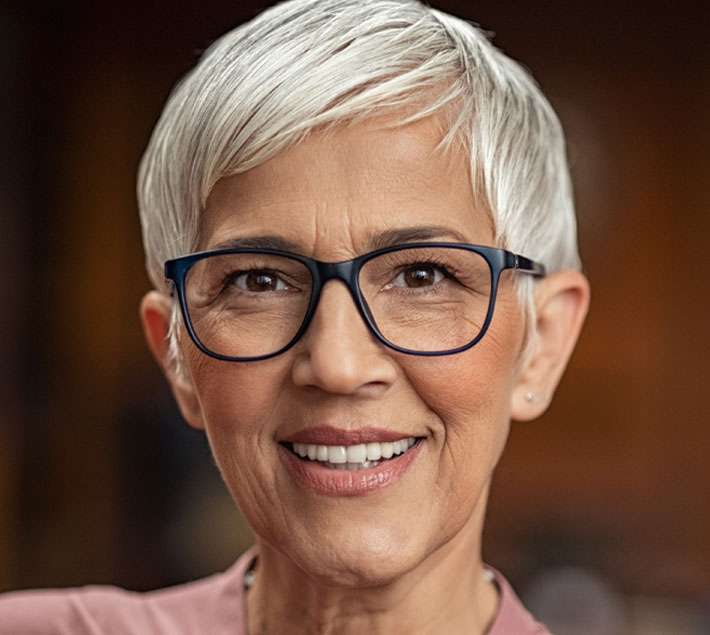We live in confusing times. Until the beginning of 2020, managers lived in a business environment that was becoming increasingly difficult and complex, characterised by the climate crisis, the growth of inequality, digitalisation, the globalisation of markets, political instability in some parts of the world, and the tensions between the major players in the global economy.
We used to talk about a VUCA (volatile, uncertain, complex, ambiguous) world, unaware that, in just a few months, such a description would come to be applied to all aspects of our everyday routine: work, domestic life, leisure, relationships, health, life. The Covid-19 pandemic has added profound uncertainty to an already unstable environment, and feelings of vulnerability have increased. The future looks foggy and full of unknowns. Organisational management, at all levels, had to lead dramatic change in just a few weeks and now faces a level of pressure likely not felt since the end of World War II.
In this situation, we are asking ourselves some questions: What is the possible role of leadership? What is the inner experience of leaders now? What might their reactions be? What does good leadership look like in the time of Covid-19. In 2019, we led quali-quantitative research around visible and invisible aspects of organisational change with 35 change leaders in big corporations (Download the full report here), and through this we uncovered some dimensions of leadership and change that are now becoming more and more relevant.
During big change processes, we found that leaders tend to experience a two-dimensional internal dialogue: with one dimension related to determination and strength, useful for direction, governance and drive; and the other related to vulnerability and doubt, aimed at challenging choices but also for getting in touch with emotions, which is much needed in times like these. Determination and fragility are the two mindsets that leaders can shift between, balancing each other out. Both mindsets do self-questioning, though the quality of questions differs.
In a determination mindset, leaders are moved by the desire to be perceived as a point of reference. They have deep conviction that in uncertain times, a confident leader should contain and reduce the fears and worries of their teams. Such leaders ask themselves: How can I guide the team, and direct it with a safe hand? How can I offer certainty to people? How can I quickly recreate a balanced condition? And, of course, how can I get back in control? This mindset might also generate more personal questions, such as: How do I make sure I appear self-confident? How can I hide my uncertainty? This is underpinned by a desire for control and for restoring the ability to shape our environment and create conditions in which we and our teams can act and work. However, in times like these we wonder just how realistic this is.
In a fragility mindset, on the other hand, we found leaders to be more anxious about change and more doubt-orientated. These leaders look at the reality around them and are aware of the lack of easy fixes. Rather than asking oneself what to do, this mindset prompts a different inner dialogue: What am I feeling? How am I experiencing this situation? What are my worries, my fears? What keeps me awake at night? Uncomfortable answers might emerge, but this process is key, as only by recognising our feelings and emotional reactions can we tune in to those of others. This is what allows change leaders to stand next to (and not above) their teams, creating an indispensable proximity and potential for equal exchange, based on questions such as: How are we living this situation? What concerns and hopes can we share?
This second mindset pushes leaders to expose themselves, to share their fragility but also to become aware of limits, constraints and reality. This mindset is not just about empathy and sharing feelings; when emotional understanding is established, then it becomes possible to move to action. Useful questions for the manager and their team will be: How can we deal with the current situation together? What resources can we find? How can we generate solutions? How can we deal with our limits? How can we take action?
One year ago, we discovered that this shifting internal dialogue and mindset was found in those who were leading change in their organisations. And this alternation between determination and fragility was what made them succeed – not just a strong and confident approach but one capable of interrogating self and others, welcoming emotions, and valuing the human dimension. In times of extreme uncertainty, although we suffer the emotional strain of continuous ambiguity, we salute a leadership that is okay with not having definite answers and is capable of generating solutions together with their teams, starting from a deep proximity to their emotional world.
Mario Gianandrea is the Founder and President of Impact Italia.
